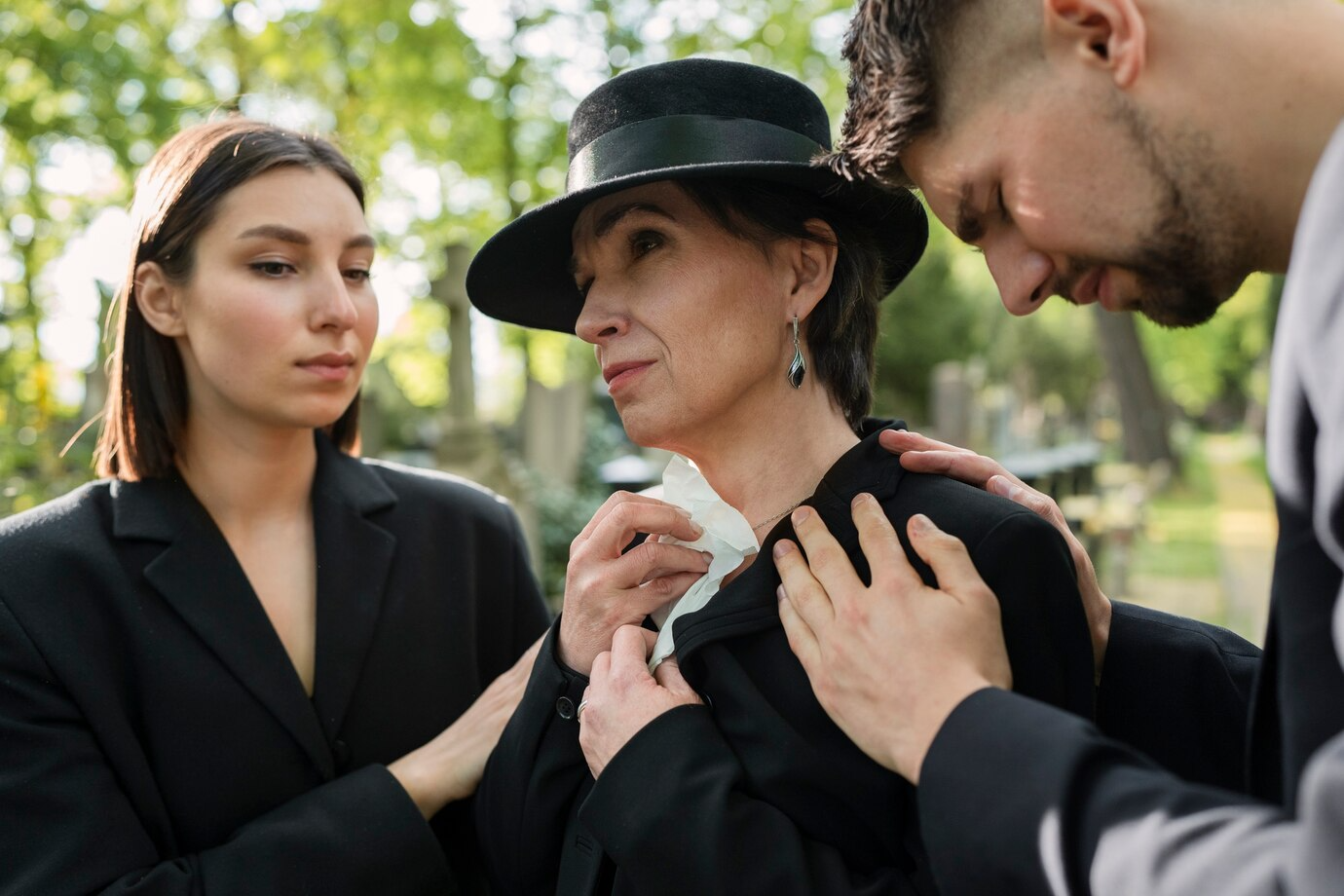Jewish mourning practices, deeply rooted in the teachings of the Torah and the traditions of the Jewish community, provide a meaningful way to honor the deceased and offer comfort and support to the bereaved. These practices reflect core Jewish values of faith, compassion, and community, emphasizing the importance of spiritual support and communal involvement during times of grief. Understanding these traditions can help us appreciate their significance and the solace they bring to those mourning the loss of a loved one.
The Sanctity of Life and Death
At the heart of Jewish mourning practices is the belief in the sanctity of life and the dignity of the deceased. Judaism teaches that life is precious and must be honored and respected. This belief shapes various rituals and ceremonies that provide spiritual comfort and assurance to the grieving, reinforcing the hope for peace in the afterlife.
Funeral and Memorial Services
Jewish mourning practices often begin with a funeral service, which includes the recitation of Psalms, prayers, and a eulogy (hesped). The service is usually held as soon as possible after death, in keeping with Jewish law, and is followed by the burial. The funeral emphasizes the importance of honoring the deceased and providing comfort to the mourners through communal prayer and reflection.
Prayers and Scripture Readings
Prayers and scripture readings play a vital role in Jewish mourning practices. Commonly read scriptures include Psalm 23, Psalm 121, and passages from the Book of Job. These passages offer words of comfort, hope, and assurance. Prayers such as the Mourner’s Kaddish are recited daily, reaffirming faith in God and seeking peace for the deceased.
Mourning Period
The mourning period in Judaism, known as Shiva, lasts for seven days following the funeral. During Shiva, mourners stay at home, sit on low stools or the floor, cover mirrors, and refrain from work and entertainment. This period allows mourners to reflect, pray, and receive visitors who come to offer condolences and support. Following Shiva, there are additional periods of mourning known as Shloshim (30 days) and, for a parent, a year-long period of mourning.
Community and Support
Community support is a cornerstone of Jewish mourning practices. Family, friends, and community members gather to offer condolences, share memories, and provide practical assistance. This communal support helps the bereaved cope with their loss and find comfort in shared faith and collective mourning. The community often organizes prayer services and provides meals for the grieving family.
Commemorative Rituals
Jewish mourning practices include commemorative rituals such as lighting Yahrzeit candles on the anniversary of the death, reciting the Kaddish prayer, and visiting the gravesite. These rituals provide opportunities for reflection, remembrance, and continued connection with the deceased. They offer a sense of peace and closure, helping the bereaved navigate their grief journey.
A Reflection of Beliefs and Values
Jewish mourning practices reflect the values of faith, compassion, and community. These traditions provide a structured way to honor the deceased, support the grieving, and reaffirm Jewish beliefs in the sanctity of life and the hope for peace in the afterlife. By understanding and respecting these practices, we can offer meaningful support to our Jewish friends and family during their time of loss.
In summary, Jewish mourning practices offer a profound and respectful way to navigate grief, rooted in a deep understanding of the sanctity of life and the importance of spiritual preparation. These practices not only provide comfort to the bereaved but also ensure that the deceased is honored with dignity and faith.
If you have feedback, questions, or ideas for future articles or Information Hubs, please contact us. Your insights help us create valuable content.


